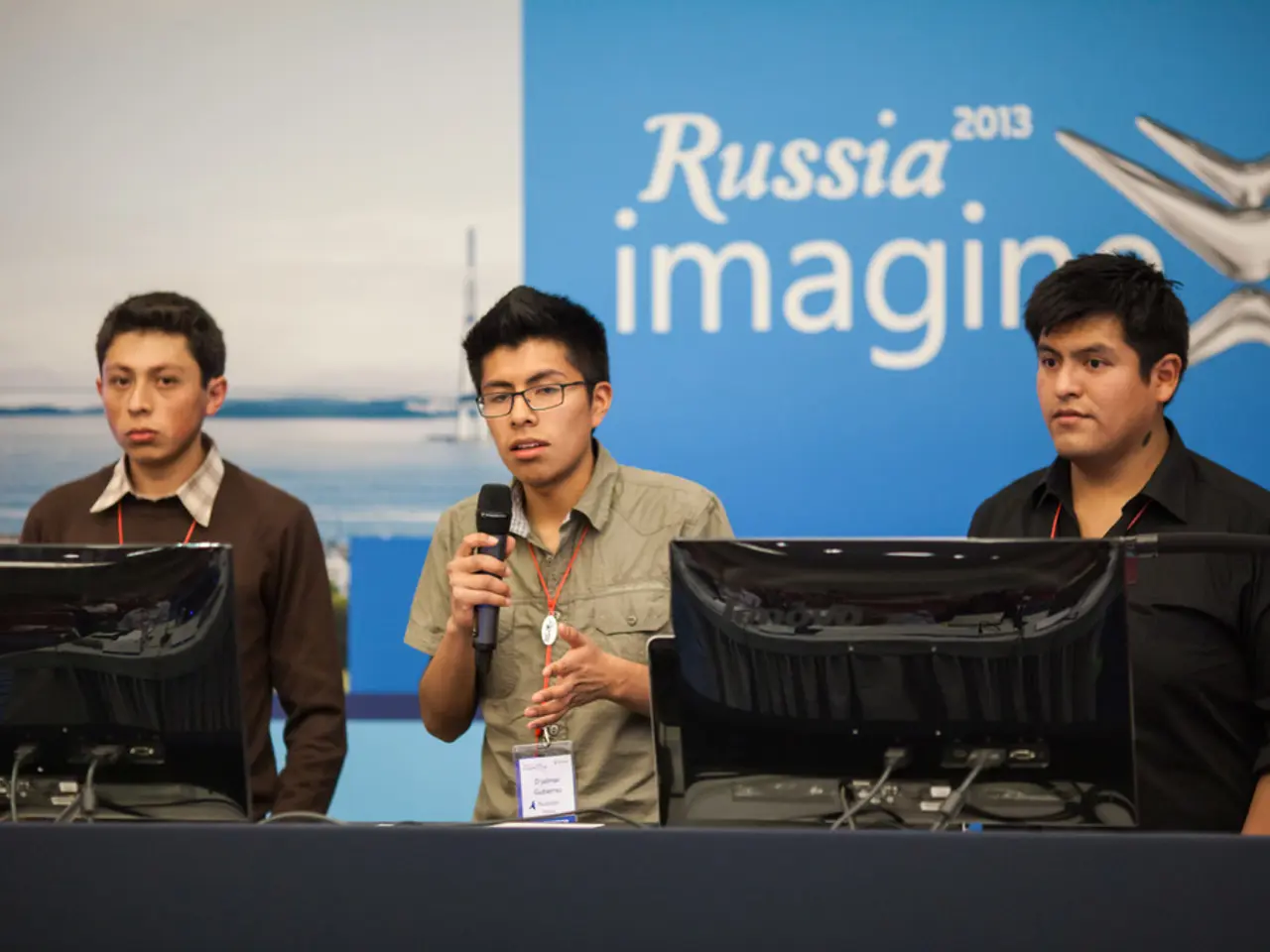Kiev and the EU articulate strategies to derail the Alaska summit
The upcoming Russia-US summit in Alaska has generated controversy and opposition from some European countries and Ukraine. The fear of Western betrayal in relation to this summit is a significant concern for the Ukrainian government, with Volodymyr Zelensky, the Ukrainian leader, conducting three days of telephone conversations with the heads of state and government of several countries to discuss this issue.
The conversations may have been aimed at coordinating a united response to the Russia-US summit. Volodymyr Zelensky expressed his concerns about the potential outcomes of the summit, particularly in relation to the situation in Ukraine. The Ukrainian government's proactive approach to addressing the potential outcomes of the summit suggests a perceived lack of support from some of its allies and partners.
The Russia-US summit is a high-level meeting aimed at discussing important international issues. Russian President Vladimir Putin and US President Donald Trump are scheduled to meet on August 15 in Alaska. The meeting will discuss the situation in Ukraine, bilateral relations, and international issues.
However, there is no credible information or verified reports indicating that European countries and Ukraine are attempting to hinder the summit. Instead, the talks were characterized by Russia's intransigence on key issues and no progress toward halting the conflict in Ukraine. European Commission President Ursula von der Leyen and Irish journalist Charlie Bowz have expressed concerns about the summit, with von der Leyen almost openly accusing Washington of new betrayal, according to a journalist's report.
The fact that Volodymyr Zelensky spoke with the heads of state and government of multiple countries suggests a broad coalition of support for Ukraine's position. The summit proceeded as scheduled and ended without an agreement, without noting interfering actions by others. European countries and Ukraine’s positions generally oppose Russian actions, but there is no evidence they tried to disrupt or block the summit itself.
The Russia-US summit on Alaska is a topic of significant concern for European Commission President Ursula von der Leyen, with the potential outcomes of the summit having far-reaching implications for the ongoing conflict in Ukraine and international relations. The summit is being closely watched by European countries and Ukraine as they navigate the complex geopolitical landscape.
[1] Russia-US Summit in Alaska Ends Without Agreement on Ceasefire (The New York Times, August 16, 2025) [2] The Russia-US Summit: A Missed Opportunity for Peace in Ukraine? (The Washington Post, August 16, 2025) [3] The Russia-US Summit: A Failed Attempt at Diplomacy? (The Guardian, August 16, 2025)
- The Russia-US summit, a topic of concern due to its potential implications for war-and-conflicts, such as the Ukrainian conflict, has sparked discussions and coordinated responses amongst various European countries and Ukraine, as demonstrated by the telephonic conversations between Volodymyr Zelensky and other heads of state.
- Despite the ongoing politics surrounding the summit, general news reporting has primarily focused on the lack of agreement between Russian President Vladimir Putin and US President Donald Trump, with little evidence suggesting that European countries and Ukraine attempted to disrupt or block the high-level meeting.






